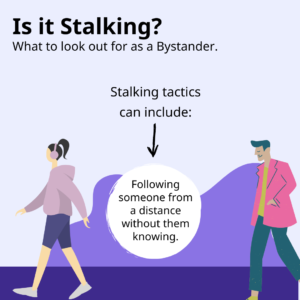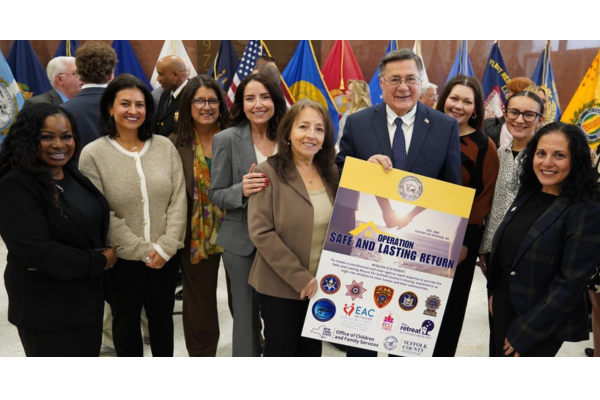
Stalking is a pattern of behavior directed at a specific person that causes fear. Stalking is a crime.
January is #NationalStalkingAwarenessMonth, our opportunity to increase awareness of stalking, and to spur advocacy on behalf of those suffering with the emotional, financial and physical burden of being stalked.
Many abusers stalk their partners both during and after the relationship has ended. On average, intimate partner stalkers are the most persistent and dangerous to their victims. Stalking is a terrifying and psychologically harmful crime in its own right as well as a predictor of lethality: in 85% of cases where an intimate partner attempted to murder his partner, stalking occurred the year prior to the attack.
In recent years, the most prevalent form of stalking crimes has involved the use of smartphones, computers, and other devices. With work, school and social interactions relying on virtual platforms, the risk of stalking has grown considerably.
Most of us don’t know how to deal with or get rid of a stalker. If you experience such a situation you need to inform the police. Think about your safety, and if you sense any danger, don’t hesitate to dial 911. Explain the whole situation and ask for the information and help to cope with it.
Stalking is illegal and survivors have rights. Learn more about the crime and ways to plan for your safety, call our 24-hour Crisis Hotline 631-329-2200, visit allagainstabuse.org, or follow @allagainstabuse for more information.
The Retreat’s 24-hour multilingual hotline, 329-329-2200 is available to anyone who needs assistance. Please visit our Get Help page for information on all of our free and confidential services.
